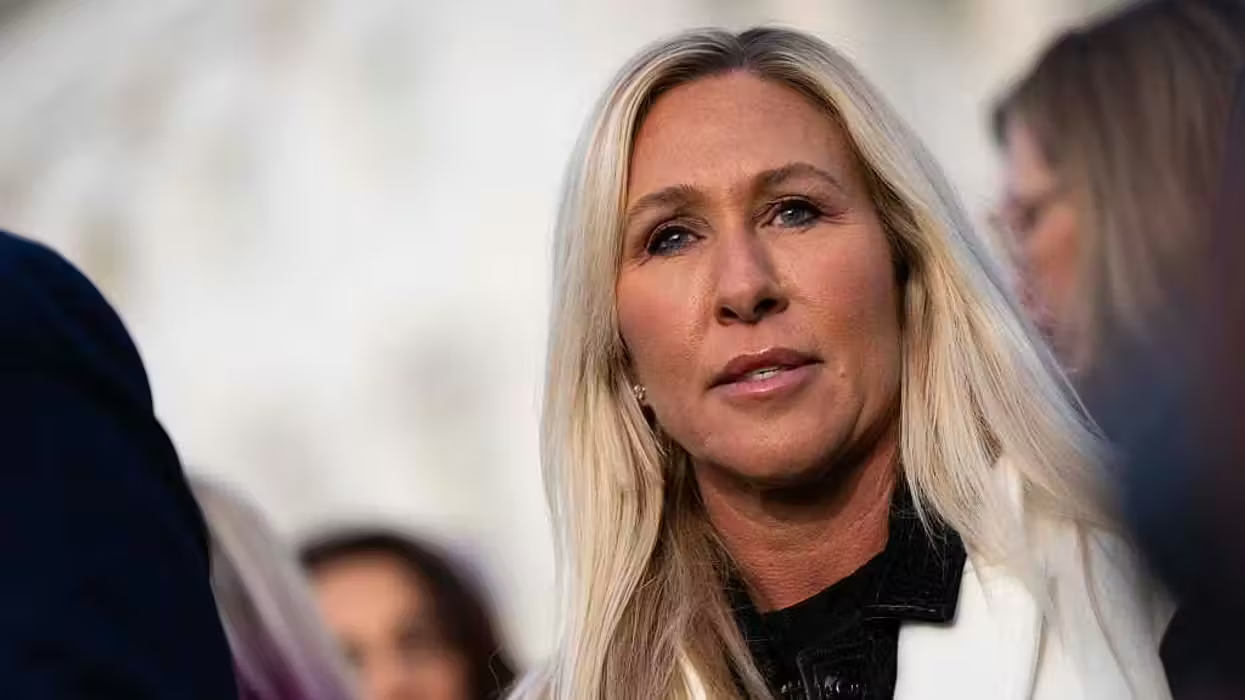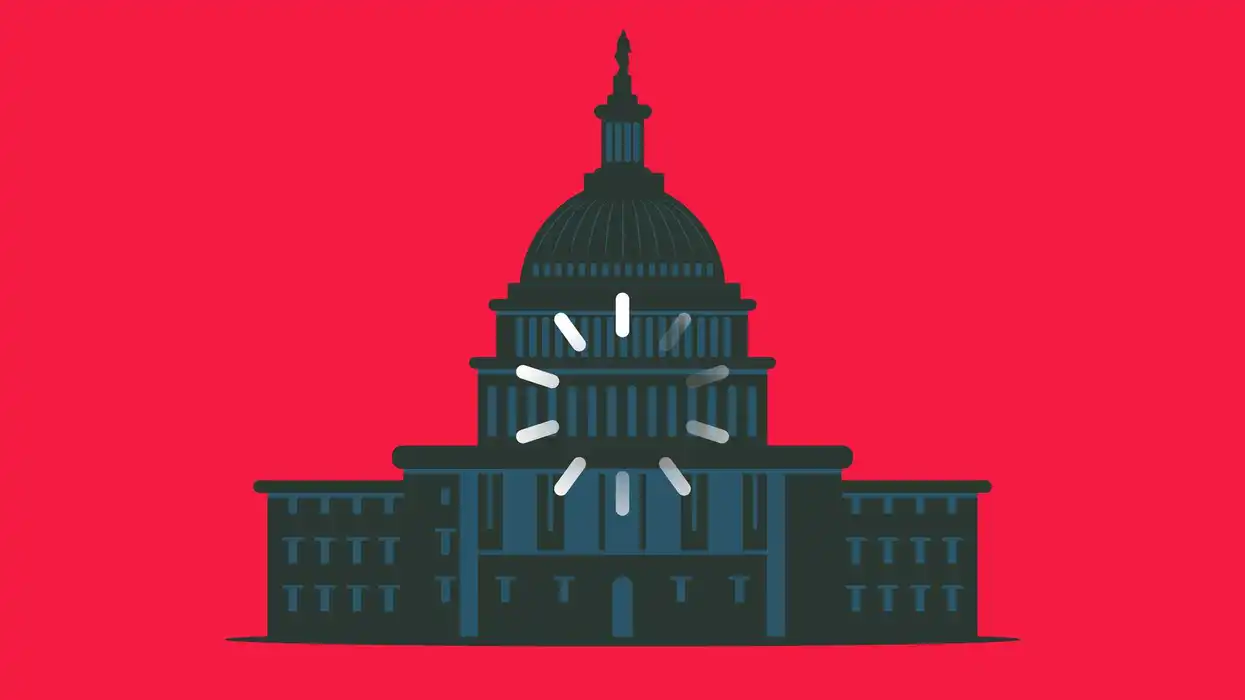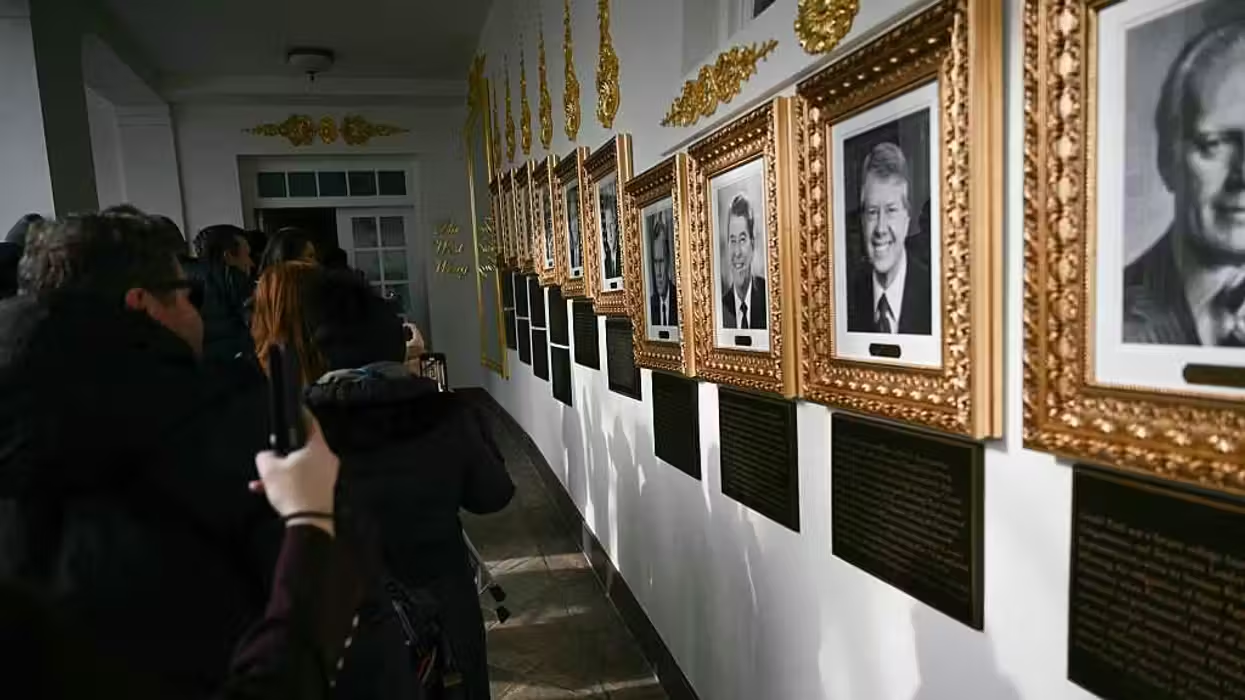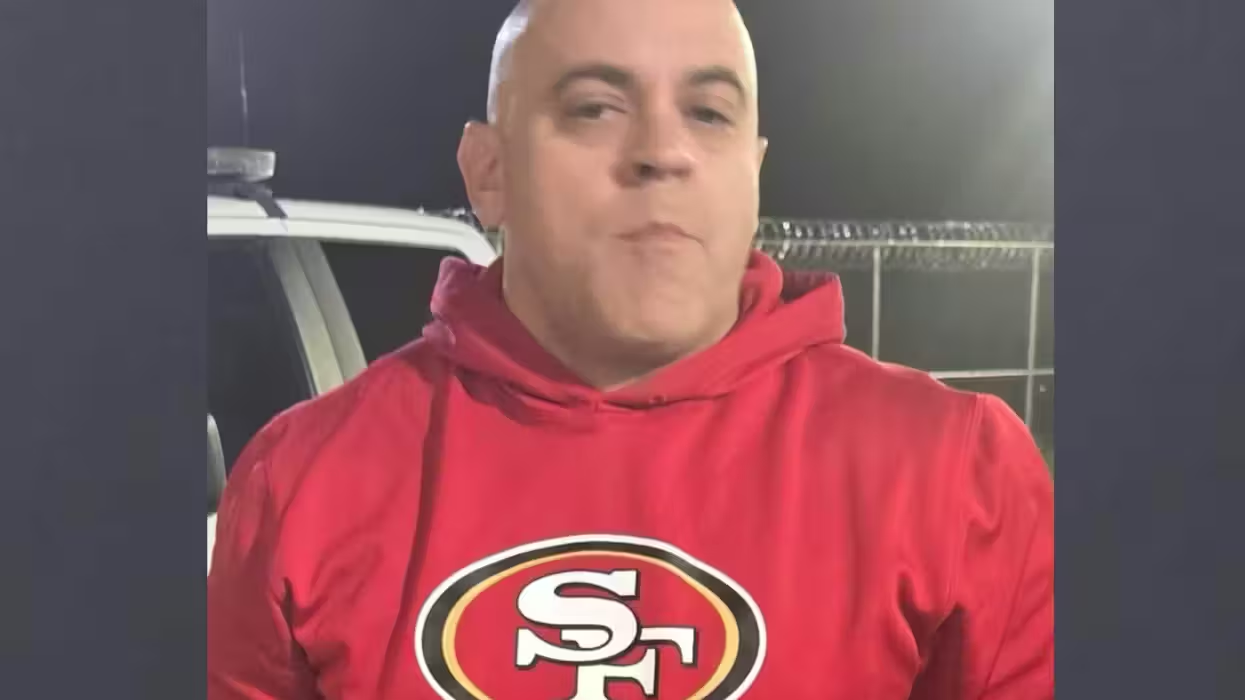
© 2025 Blaze Media LLC. All rights reserved.
Invisible Children Group Defends Itself in New Video: Not a 'Slacktivist Thing
March 13, 2012
"more money goes to awareness than to Africa"
 Last week, I offered detailed observations of the criticism surrounding Invisible Children, the group behind the viral "Kony 2012" video that has ignited a firestorm on the Internet. Now the group is back with another video responding to that criticism. But just like last time, not everyone's convinced.
Last week, I offered detailed observations of the criticism surrounding Invisible Children, the group behind the viral "Kony 2012" video that has ignited a firestorm on the Internet. Now the group is back with another video responding to that criticism. But just like last time, not everyone's convinced.
"I understand why a lot of people are wondering, `Is this just some slick, kind of fly-by-night, slacktivist thing?' when actually it's not at all," said Ben Keesey of Invisible Children. "It's connected to a really deep, thoughtful, very intentional and strategic campaign."
In an online video that runs more than eight minutes, Keesey acknowledges the sting of criticism since Invisible Children released the initial video last week, which garnered nearly 75 million views on YouTube alone.
Thank you, KONY 2012 Supporters from INVISIBLE CHILDREN on Vimeo.
The group has been criticized for, among other things, not spending enough directly on the people it intends to help and for oversimplifying the 26-year-old conflict involving the Lord's Resistance Army and its leader, Kony, a bush fighter wanted by the International Criminal Court for crimes against humanity.
Keesey, 28, said "program expenses" - money that directly benefits their cause - accounted for 80.5 percent to 85.7 percent of total annual spending from fiscal 2007 to 2011. Overhead expenses grew last year largely due to a $330,000 private foundation grant that was designated specifically for operations.
"This is actually a really good thing to help Invisible Children continue to be more efficient and to increase the quality of our work for years in the future," he said.
Keesey said travel and transportation expenses - which totaled more than $1 million last year - includes costs for 3,000 free movie screenings a year to spread the word about Kony and the LRA.
"Some people have characterized that and said, 'Is that just the management team flying around and staying in nice hotels. No, not at all. That's totally not true," he said.
Production costs -more than $850,000 last year - have been another target for critics. Keesey said those costs are for items like T-shirts, DVDs and bracelets "that fund all of our work."
Invisible Children reported revenues of $13.8 million last year - aided by a $2 million contribution from The Oprah Winfrey Foundation - up from $8.3 million a year earlier, according to its Internal Revenue Service filing. Expenses grew to $8.9 million from $8.1 million, yielding a surplus of $4.9 million.
But not everyone is satisfied with the new video. Foxnews.com pointed to criticism from the Better Business Bureau, for example:
But even as Invisible Children was defending itself, the Better Business Bureau's Wise Giving Alliance, which reviews charities based on donor requests, said the organization has not been forthcoming with documents it requested.The BBB claimed in a press release on Monday that they had sent 18 letters to the nonprofit group since 2006, and expressed concern that two of the six board members are on the staff and what they see as a lack of transparency for a charity.
Additionally, the site Visible Children, which was created to be critical of the organization, points to an interview given by Jedidiah Jenkins, Invisible Children's director of ideology, that breaks down some of the company's money distribution:
GOOD: One of the criticisms people have of Invisible Children is that you only donate 31 percent of your money to the people of Uganda. What’s your response to that?JENKINS: One flaw of the internet is how quickly it can disseminate misinformation. The actual number is 37 percent. Thirty-seven percent of our budget goes directly to central African-related programs, about 20 percent goes to salaries and overhead, and the remaining 43 percent goes to our awareness programs. Those include things like flying Ugandans to America to go on cross-country awareness tours we pay for. And our staff in America has to go to Uganda, too. We got criticized for spending $1 million on travel expenses, but getting 130 people around the country and around the world is expensive. But aside from that, the truth about Invisible Children is that we are not an aid organization, and we don’t intend to be. I think people think we’re over there delivering shoes or food. But we are an advocacy and awareness organization. [Emphasis added]
"Yes, you heard it from Invisible Children," Visible Children scoff, "more money goes to awareness than to Africa."
Once again, it's a tough issue with plenty of gray.
The Associated Press contributed to this report.
Want to leave a tip?
We answer to you. Help keep our content free of advertisers and big tech censorship by leaving a tip today.
Want to join the conversation?
Already a subscriber?
Jonathon M. Seidl is a former managing editor of Blaze News and a best-selling author and speaker. His next book, “Confessions of a Christian Alcoholic,” will be released on October 7, 2025.
Jonathon M. Seidl
Jonathon M. Seidl is a former managing editor of Blaze News and a best-selling author and speaker. His next book, “Confessions of a Christian Alcoholic,” will be released on October 7, 2025.
more stories
Sign up for the Blaze newsletter
By signing up, you agree to our Privacy Policy and Terms of Use, and agree to receive content that may sometimes include advertisements. You may opt out at any time.
Related Content
© 2025 Blaze Media LLC. All rights reserved.
Get the stories that matter most delivered directly to your inbox.
By signing up, you agree to our Privacy Policy and Terms of Use, and agree to receive content that may sometimes include advertisements. You may opt out at any time.






